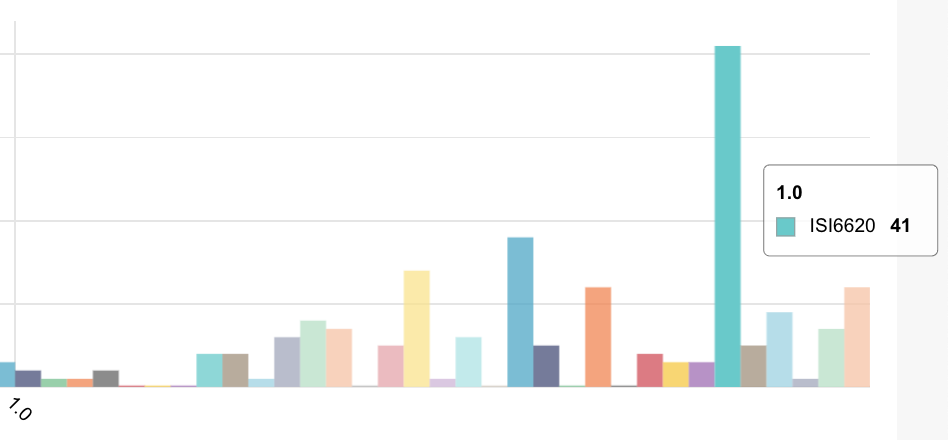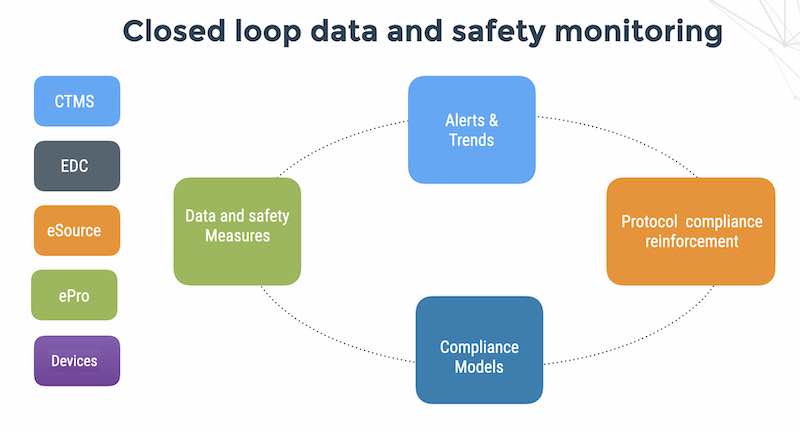Courtesy of Cloud Computing Topics – Olafur Ingthorsson
Android 2.2 is now fulfilling the minimum enterprise security requirements, i.e. device locking and remote wiping – amidst a long list of other enterprise cloud computing must-haves.
It seems that with the latest Android release, v. 2.2, Google is stepping into the enterprise mobile cloud computing realm with its mobile platform. Android 2.2 is supposed to support many of the required security policies enforced in enterprises, especially concerning enterprise email. These include automatic handset lock due to inactivity and administrator remote wiping in the case of lost or stolen handset. More information is given on Google’s Enterprise blog
Another very interesting feature is the latest support for Android, and many other major platforms, through Google Apps, enabling users to administer security features on their handsets from a browser and by installing the Google Apps Device Policy, that will soon be available from the Android Market. Google is clearly taking a big step in providing a multi-platform support for its Google App suite on mobile phones for enterprises. This service is free of charge for customers that have the Google App Premier Edition subscription ($50 pr. user/year). The Google Apps Device Policy can be used to synchronize data (email, contacts, calendar, and Picasa photos) between the supported device and a Google Apps domain.
Furthermore, with Andriod 2.2. handsets;
Google Apps Premier and Education Edition administrators can manage their users’ Android devices with a set of mobile device management policies designed to let users access their data while keeping organizational information secure. These policies include the ability remotely wipe data from lost or stolen devices, require a device password, set password complexity, and more.
With this development, Google is strengthening its position in enterprise class mobile cloud computing. Previously, Android users could of course access their Gmail and Google Apps remotely on their handsets, but enterprises generally haven’t been willing to accept the platforms due to its lack of control and security mechanisms. Now, Android 2.2 is fulfilling the minimum security demands required by enterprises, i.e. device locking and remote wiping. Then there are additional features, similar to what the MS Exchange Server Active Sync can enforce, like:
- Require a device password on each phone
- Set minimum lengths for more secure passwords
- Require passwords to include letters and numbers
These policies can be enforced on devices that have installed the Google Apps Device Policy application. So far, enterprise mobile cloud computing has been somewhat exclusive to Blackberry and platforms that support MS Exchange Active Sync policies, like Nokia E-series. However, it now seems that Google is entering this domain as well with its latest Android version and the Google Apps Device Policy application. It certainly will be exciting to continue to follow this progress and monitor Google’s success in the mobile cloud computing domain.





